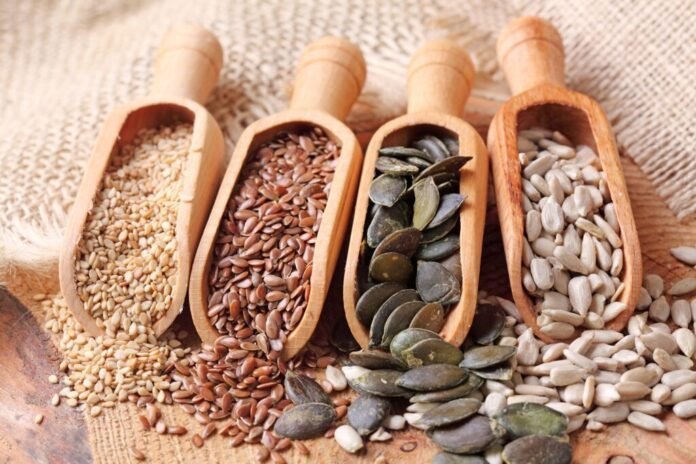The Agricultural Research Institute of Mozambique (IIAM) has secured important funding to boost its basic seed production capacity in Nampula province. The grant agreement, worth around 17 million meticais (approximately 269,000 dollars), was signed with the Feed The Future Mozambique – Integrated Resilience in Nutrition and Agriculture (FTF-RESINA) project, at an event held in the municipal town of Ribáuè.
According to the Mozambican Information Agency (AIM), the irrigation project will be implemented in IIAM’s experimental field in the Ribáuè district, with the aim of improving training, good practice techniques and producers’ access to technologies.
At the signing of the agreement, the director of the Resilience and Growth office of the United States Agency for International Development (USAID), Michael Nicholson, stressed the importance of planting good seeds to guarantee quality harvests in the future.
IIAM’s Director General, Zélia Menete, emphasized the courage and work habits of rural people, stressing that with motivated people and the right leadership, the initiative can be successful. She said that the funding will allow IIAM to produce basic seeds all year round, something that would not be feasible without irrigation.
The funds will be managed by IIAM in Nampula, with the aim of ensuring that quality seeds reach farmers in the region. This initiative is part of the FTF-RESINA project, funded by USAID to the tune of two billion meticais (32 million dollars), with the aim of supporting farmers in Zambézia and Nampula through a local food systems approach.
The project, now in its second year of implementation, aims to increase the resilience capacities of approximately 152,000 families, contributing to food security, the sustainable management of natural resources and improving the nutritional status of women, adolescents and children. The districts of Murrupula, Mogovolas, Ribáuè, Mecubúri and Lalaua in Nampula, and Mocuba, Ile, Gúruè, Namarrói, Lugela and Alto Molócuè in Zambézia, are among the areas benefiting from the project.




